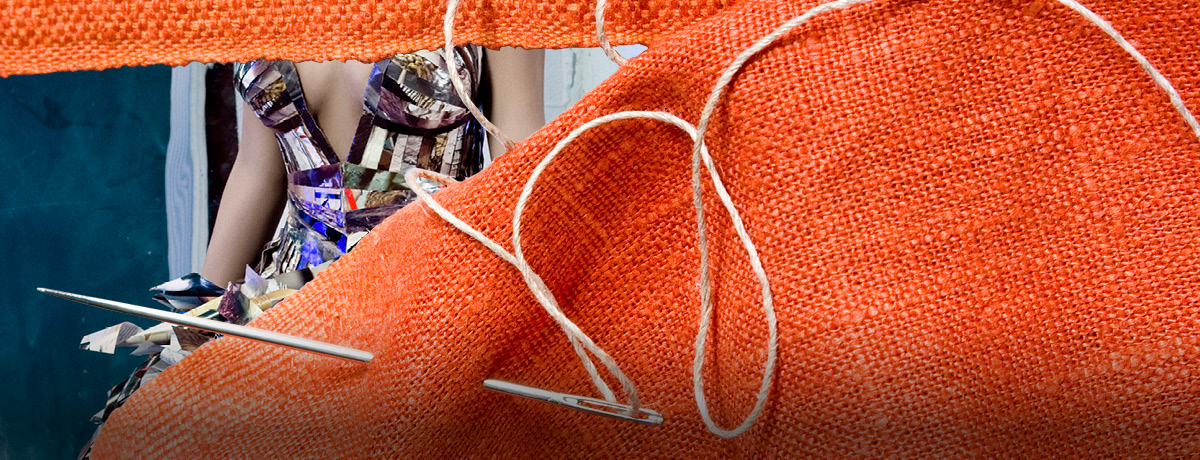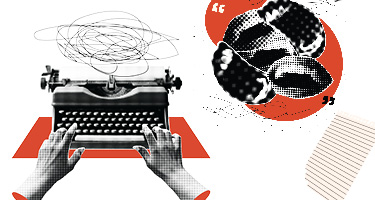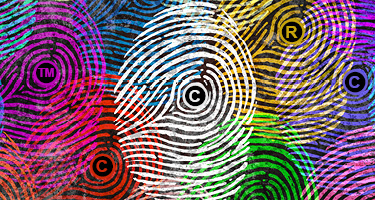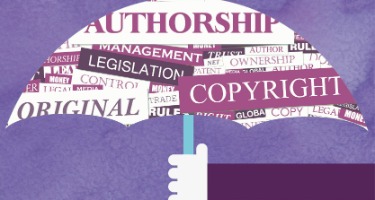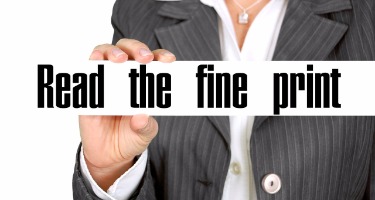Copyrights arise automatically when an original work is created. Copyrights protect “original works of authorship,” which include paintings, illustrations, sculpture, photographs, books, articles, poems, movies, songs, recordings, logo designs, website content, software code, and the like. The creator of the work automatically obtains copyrights in the work and is immediately entitled to protection. Copyrights grant the owner the exclusive right to reproduce and distribute copies of the work, prepare derivative works, and perform, display, and broadcast the work publicly. Copyright ownership entitles the owner to authorize others to exercise any of these exclusive rights as well.
But if these rights arise automatically, why would anyone consider undertaking additional steps—and expense—to register the copyrights with the U.S. Copyright Office?
The answer is simple: Registration greatly enhances the value of the copyrights. There are several ways registration enhances the copyrights’ value.
Public Record of Ownership
Registering copyrights creates a public record of copyright ownership. Ownership is often at issue in disputes over copyrights. Even if an alleged infringer does not claim to be the creator, the copyright owner has the burden to prove that it is, in fact, the valid owner of the copyrights in order to prevail on a claim of copyright infringement.
The record may also be a helpful defensive mechanism where a would-be infringer—who is sophisticated enough to check copyright registrations—is considering using the content without permission. A public record demonstrating a claim to copyrights will go a long way to demonstrate ownership in the event such ownership is challenged in the future.
Presumption of Ownership
In fact, courts have held that registration before, or within five years of, publication of the work establishes prima facie evidence of the validity of the copyrights and the facts stated in the registration certificate—which facts include the identity of the copyright owner. This means ownership of the copyright is presumed, and anyone seeking to challenge ownership will have the burden to demonstrate otherwise. This presumption can be particularly valuable when an infringer is causing serious, irreparable harm and the copyright owner needs an immediate court order directing the alleged infringer to stop its unlawful actions.
The Ability to Enforce Copyrights by Filing a Lawsuit for Copyright Infringement
Perhaps the most valuable benefit of registering copyrights is the ability to file a lawsuit for copyright infringement. In most jurisdictions, a copyright owner cannot file a lawsuit to enforce/protect its copyrights until the U.S. Copyright Office has issued a registration.[1] The Copyright Office generally takes between three-to-six months to issue a registration after an application is filed, though it can sometimes take longer. Although expedited consideration can be requested (at far more cost), any additional time—particularly in instances where the infringer is causing serious harm—can be extremely costly.
Most attorneys know of the registration requirement before bringing suit for copyright infringement. Therefore, registration provides additional credibility when/if the copyright owner is forced to serve a cease-and-desist letter on an alleged infringer. A copyright owner who can file an immediate lawsuit is in a far stronger position than one who must wait several months to follow through on a threat. Plus, as indicated below, registration before infringement can provide significant financial benefits should someone subsequently infringe the copyrights.
Eligibility for Statutory Damages, Attorney Fees, and Costs of Suit
When copyrights are registered prior to infringement (or within three months after publication of the work), a copyright owner becomes eligible for an award of statutory damages. This may be extremely valuable because proving damages in a case of copyright infringement can often be a difficult task. An award of statutory damages allows the copyright owner to recover a certain amount for each work infringed, notwithstanding the owner’s ability to prove actual damages. Eligibility for this additional measure of damages may provide the leverage necessary to conclude a lawsuit early, before significant expense is incurred in litigation.
Registration during this same period also qualifies a copyright owner to seek an award of attorney fees and costs of suit.
Protection Against Importation of Infringing Works
The owner of registered copyrights is eligible to participate in a U.S. Customs and Border Protection (“CBP”) program, wherein CBP will seize and detain imported goods that violate intellectual property rights in the United States. Registration is required to participate in this program.
Conclusion
Although copyrights arise automatically upon creation of an original work of authorship, registering the copyrights with the U.S. Copyright Office can greatly enhance their value. Registration provides a public record of ownership. It can even create a presumption of ownership, which is valuable when enforcing the copyrights in litigation. Registration may be necessary to file a lawsuit for copyright infringement. Registration makes the copyright owner eligible for statutory damages, attorney fees, and costs of suit. Registration entitles the copyright owner to work with U.S. Customs and Border Patrol to detain and seize imported goods that violate the owner’s rights. And registering copyrights is relatively inexpensive.
Copyright owners should seriously consider registering copyrights when the work at issue has market value. Registration is particularly advisable when a work is important to business operations or other profit-seeking activities.
--------------
Maria practices in the areas of intellectual property, internet law, and commercial litigation, representing clients throughout the United States. She focuses her practice on assisting businesses in protecting their trademarks, copyrights, trade secrets, information technology, and other intellectual property through preventative measures to avoid disputes and through litigation when disputes arise.
--------------
[1] The Ninth Circuit (which covers Arizona, Alaska, California, Hawaii, Idaho, Montana, Nevada, Oregon, and Washington) presently allows a lawsuit to be filed once a copyright application is pending—even before registration issues. However, copyright owners that reside in the Ninth Circuit may still be forced to file suit in another jurisdiction depending on the nature and location of the infringement.


